Some children have been very intelligent since childhood, but they are also emotional and sensitive. How do you identify such emotionally intelligent children?
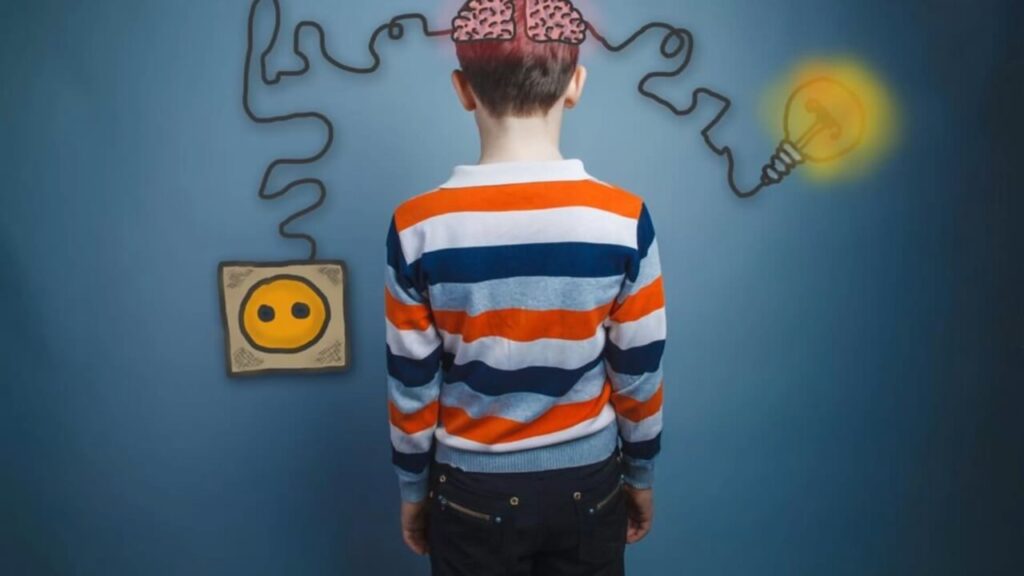
Emotional intelligence is the skill of expressing one’s feelings to others while appreciating their feelings. To develop these abilities, it is important to make the child emotionally intelligent.
Some children are of calm nature and start crying on every issue. Children with this type of temperament are emotionally intelligent kids.
Parents have to put in a lot of effort to make them understand. If your child also cries over every issue, then explain it to him in some special ways.
What is Identity:

Be it laughing openly, crying openly or getting angry, if your child is able to express these feelings and emotions openly then it means that he is an emotionally intelligent kid. Such children always have sympathy for others at heart and have the ability to understand others’ points of view and share emotions with them. Such children do not feel hesitant in talking to anyone. His communication skills are very good. They listen to what others say very carefully.
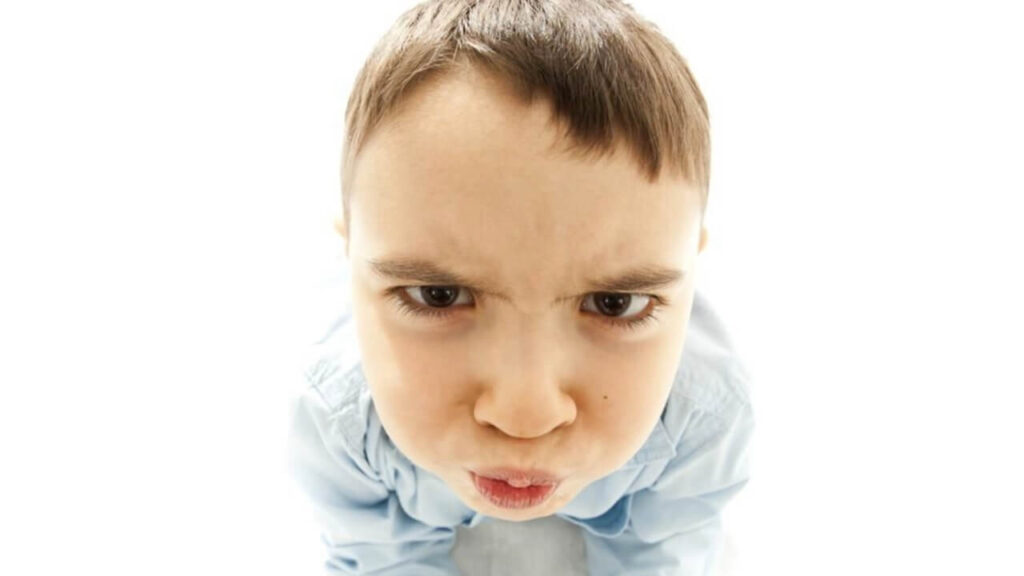
Let’s delve into the concept of emotional intelligence (EI) and how it relates to children.
Emotional Intelligence (EI) for Kids:
Definition: Emotional intelligence refers to the ability to be smart about emotions—both our own and those of others. It involves noticing, understanding, and effectively acting on emotions.
Components of EI:
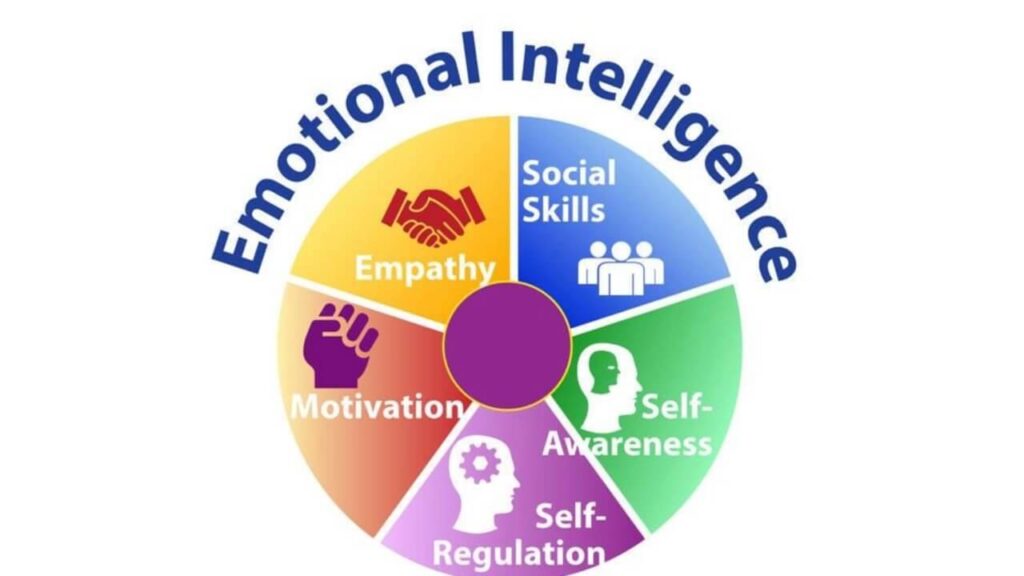
- Self-awareness: Recognizing one’s own feelings and understanding how they impact others.
- Self-regulation: Controlling emotional responses and considering consequences before acting impulsively.
- Motivation: Achieving goals despite negative feelings.
- Empathy: Understanding others’ emotions.
- Social skills: Managing relationships and knowing behaviors that elicit positive responses from others.
Why EI Matters for Children:

Challenges: Children face various challenges daily, especially those with learning and thinking differences. EI helps them navigate obstacles effectively.
Example: Imagine Samantha, who struggles with math due to his learning differences. EI acts like a GPS, helping her respond to challenges, put things in perspective, and find solutions.
Positive Outcomes:
- Attention and Engagement: Children with higher EI pay better attention and engage more in school.
- Positive Relationships: EI fosters positive connections with peers and adults.
- Empathy: Emotionally intelligent children understand and share emotions with others.
- Behavioral Regulation: They manage negative feelings and persist even when tasks become difficult.

In summary, emotionally intelligent children openly express their feelings, empathize with others, and communicate effectively. Their ability to understand emotions contributes to their overall well-being and success in navigating life’s challenges. 😊🌟
How to Explain:
If you return home after a bad day and something is bothering you, you can calmly say that you are not in a good mood and need to rest before listening to others. And some time is needed to calm down.

This also helps children understand the situation. Apart from this, teach the child to express his feelings without any hesitation. This will make the home a safe place for him.
Also tell him that sometimes he may cry or get angry about something to understand the emotions properly and talking and sharing is the first step to resolve any situation.
Children are not able to control their impulses and emotions easily. For example, if your child has a habit of throwing things around and one day when he doesn’t do it he clearly says he is angry, give him a hug.
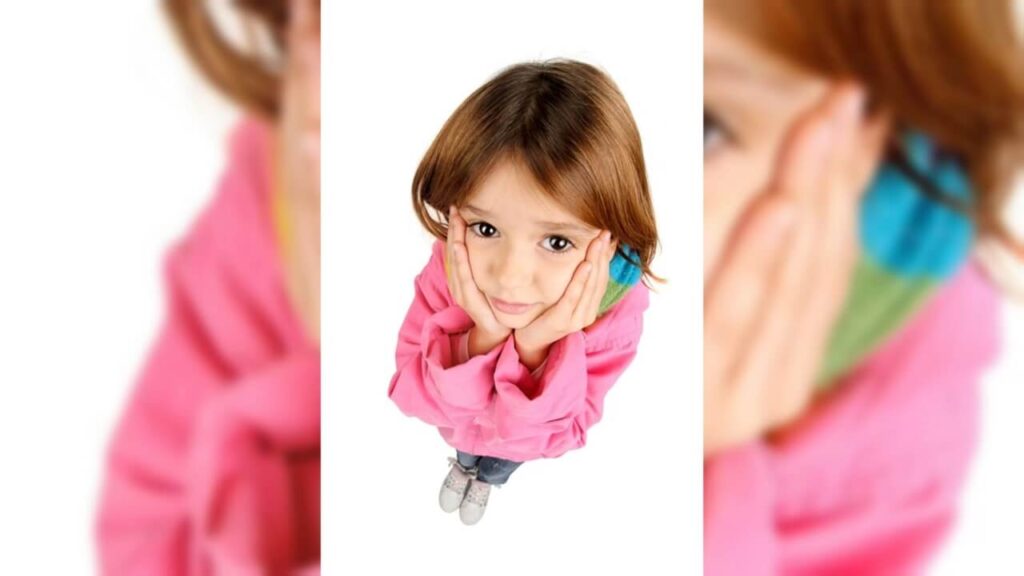
Tell her that you’re proud of the fact that she spoke up and didn’t take any wrong steps. Remove his anger by talking. Also teach the child that every decision is not related to victory or defeat. There may be some solutions which are more important than victory. Teach them the concept of compromise, which can only be achieved through calm and clear conversations.

It is natural to experience frustration and anger, but it is also important to handle it in the right way. Try to involve your child in physical activities by gifting him a boxing bag, which can help in releasing his anger. In this way, it would be better to use anger in a simple and clear way and transform it into a positive form.

Engaging in physical activities helps reduce stress, promotes overall well-being, and improves mood.
Remember, teaching children healthy ways to handle emotions is crucial for their emotional development. 😊
Direct and Indirect Emotions
There are two types of emotions. One is direct emotion and the other is indirect emotion. Parents, family and society, all are responsible to some extent for the emotional level and intelligence of the child. Children must be taught how to handle their emotions smartly. This is actually emotional intelligence. Keep children filled with encouragement and positivity. Emotional intelligence is very important for children, especially those who have problems learning and paying attention. Emotional balance is considered an important sign of growth and development from a child to a young person.

Let’s explore the concepts of direct and indirect emotions, emotional intelligence, and their impact on children:
Direct and Indirect Emotions:
- Direct Emotions: These are emotions that arise spontaneously in response to specific events or situations. For example, feeling happy after receiving a gift or sad when saying goodbye to a friend.
- Indirect Emotions: These are emotions influenced by context or external factors. They may not directly relate to a specific event but emerge due to situational demands. For instance, regulating emotions to achieve a goal or maintain social harmony.
Parental Influence on Emotional Intelligence:
- Parents, family, and society play a crucial role in shaping a child’s emotional development.
- Emotional Intelligence (EI): It involves recognizing, understanding, and managing emotions effectively. Teaching children how to handle their emotions smartly contributes to their EI.
- Encouragement and positivity from parents create a nurturing environment for emotional growth.
- Children who struggle with learning or attention benefit significantly from developing emotional intelligence.
- Emotional balance is a key indicator of healthy growth and development from childhood to adolescence.
In summary, fostering emotional intelligence in children involves teaching them to recognize and manage their emotions, providing encouragement, and creating a positive atmosphere. By doing so, we empower them to navigate life’s challenges and build strong relationships. 😊🌟


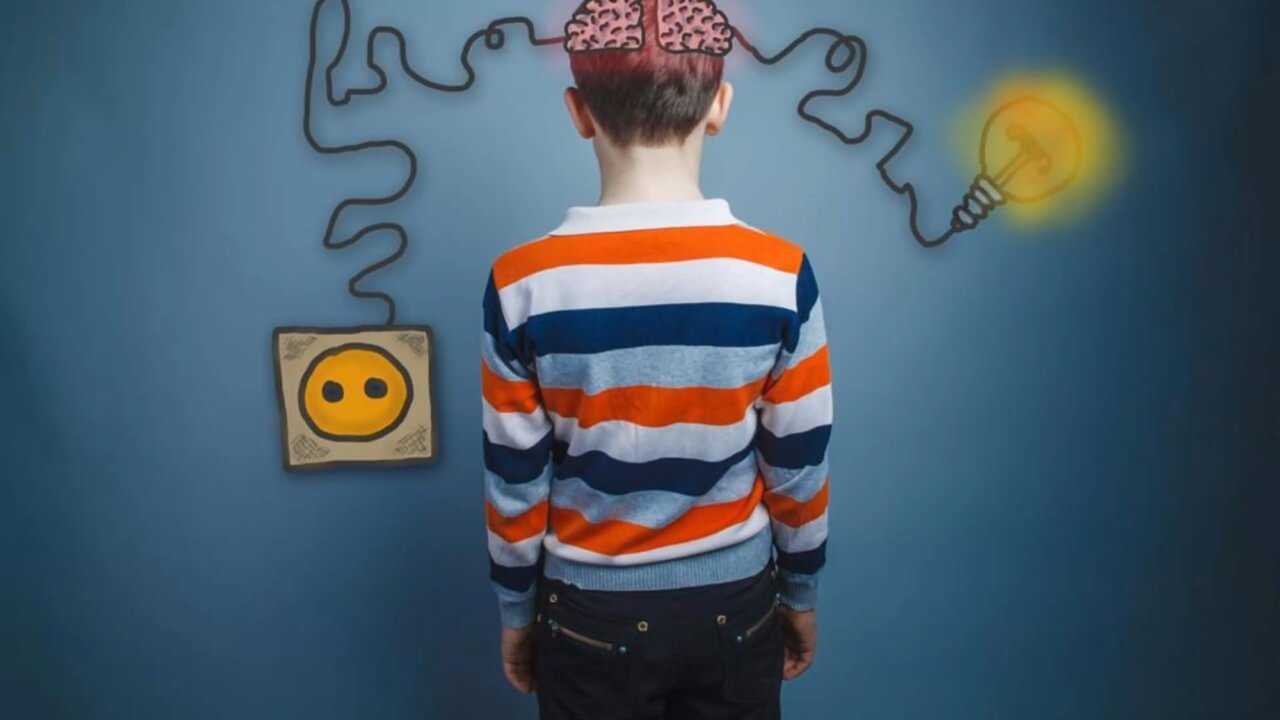






























Hello very cool blog!! Man .. Beautiful .. Amazing .. I’ll bookmark your website and take the feeds additionally?KI’m satisfied to find numerous helpful info here in the publish, we want work out more strategies in this regard, thank you for sharing. . . . . .
I see something genuinely special in this web site.
m6iice
nkuonz
Wow! Thank you! I continuously needed to write on my site something like that. Can I take a fragment of your post to my site?
Of course, what a great website and revealing posts, I surely will bookmark your website.All the Best!